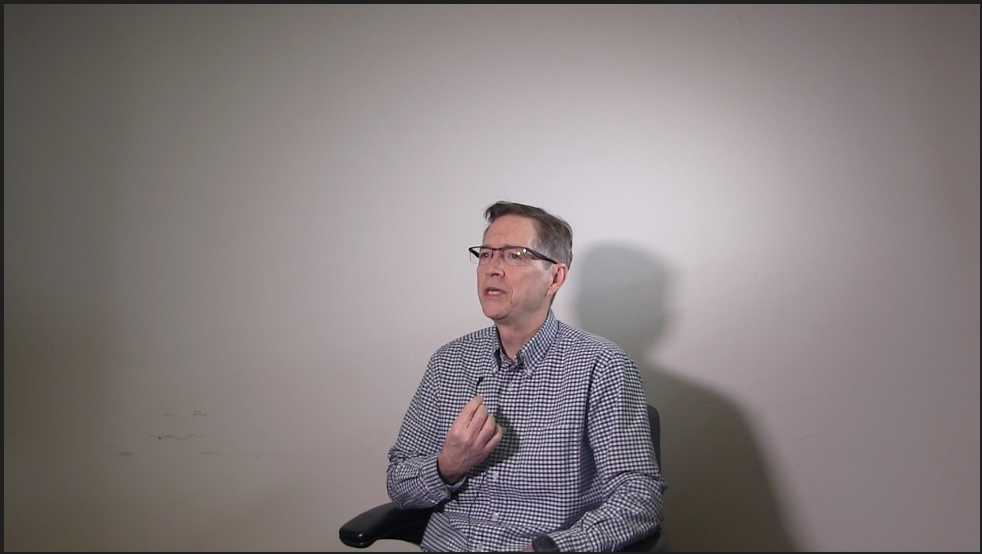Determination of Polychlorinated Biphenyls (PCBs) in water using GC-SQMS
Webinar Date/Time: Wed, Dec 4, 2024 11:00 AM EST
Join us to learn how to navigate the EPA’s strict regulations surrounding Polychlorinated Biphenyls (PCBs) in drinking water. See the SCION instruments solution to this application involving our SCION Instruments 8700 single quadrupole mass spectrometer.
We will cover regulatory guidelines and how to interpret these into meaningful and compliant analytical testing, method development including the key instrument parameters required to achieve the limit of quantification (LOQ) of ≤0.5 ppb, as well as sample preparation using liquid-liquid extraction (LLE) and method validation to verify the good working of your system and method to ensure regulatory compliance for your testing.

Register Free: https://www.chromatographyonline.com/lcgc_w/pcb
Event Overview:
Polychlorinated biphenyls (PCBs) were produced in large quantities between 1930 and 1980, typically used in electrical devices and coolant fluids. They were identified as environmentally toxic and were banned in the US in 1979, and in 1986, an international agreement banned most uses of PCB’s due to environmental concerns. PCBs persist in the environment for long periods of time and can travel over distances through air, water, and soil. PCBs are associated with a range of health issues, including skin problems, liver effects and have potential carcinogenic effects on both humans and animals.
PCBs are heavily regulated with strict requirements; in this example application we look at 15 PCBs in drinking water. We show how to identify these compounds using the powerful NIST library search built into our MS software (MSWS), how to develop a method to meet the EPA limit of quantification (LOQ) of 0.5ppb, highlighting the instrument parameters required to achieve this such as column choice, liner choice, injection parameters, use and choice of an internal standard and MS scan parameters (Selective Ion Monitoring or SIM). We will then discuss method validation to ensure good working of the method and full regulatory compliance.
Key Learning Objectives:
- Discover how the SCION Instruments SQ-MS is able to achieve the challenging LOQ of ≤0.5ppb for drinking water according to the EPA; national drinking water regulations.
- Learn to easily identify compounds with our built in NIST library search tool.
- See how the sample preparation technique of liquid-liquid extraction has been employed to easily prepare water samples. A spiked water sample was used to confirm the EPA LOQ of ≤0.5ppb.
- The method gave excellent validation results showing the SCION GC-SQMS to be the ideal solution for PCB analysis in water.
Who Should Attend:
- Environmental Analysts
- Academic Researchers
- Laboratory Managers
- Analytical Chemists
Speaker:
James Hogan
Applications Lead Scientist
SCION Instruments
James Hogan joined SCION Instruments in January 2023 as the Applications Lead Scientist. He is an experienced analytical chemist, and over the past decade has worked in a number of different analytical and applications-based roles spanning a variety of industries including environmental, emissions monitoring, and regulatory testing. James has extensive experience in analytical method development and validation using GC and LC systems.
Register Free: https://www.chromatographyonline.com/lcgc_w/pcb
Study Examines Impact of Zwitterionic Liquid Structures on Volatile Carboxylic Acid Separation in GC
March 28th 2025Iowa State University researchers evaluated imidazolium-based ZILs with sulfonate and triflimide anions to understand the influence of ZILs’ chemical structures on polar analyte separation.
Quantifying Microplastics in Meconium Samples Using Pyrolysis–GC-MS
March 26th 2025Using pyrolysis-gas chromatography and mass spectrometry, scientists from Fudan University and the Putuo District Center for Disease Control and Prevention detected and quantified microplastics in newborn stool samples.
The Role of SPME Combined with GC–MS for PFAS Analysis
Published: March 25th 2025 | Updated: March 25th 2025Emanuela Gionfriddo and Madison Williams from University at Buffalo, the State University of New York, NY, USA discuss the important role that solid-phase microextraction (SPME) techniques with gas chromatography mass spectrometry (GC–MS) can play in the analysis of per- and polyfluoroalkyl substances (PFAS).






